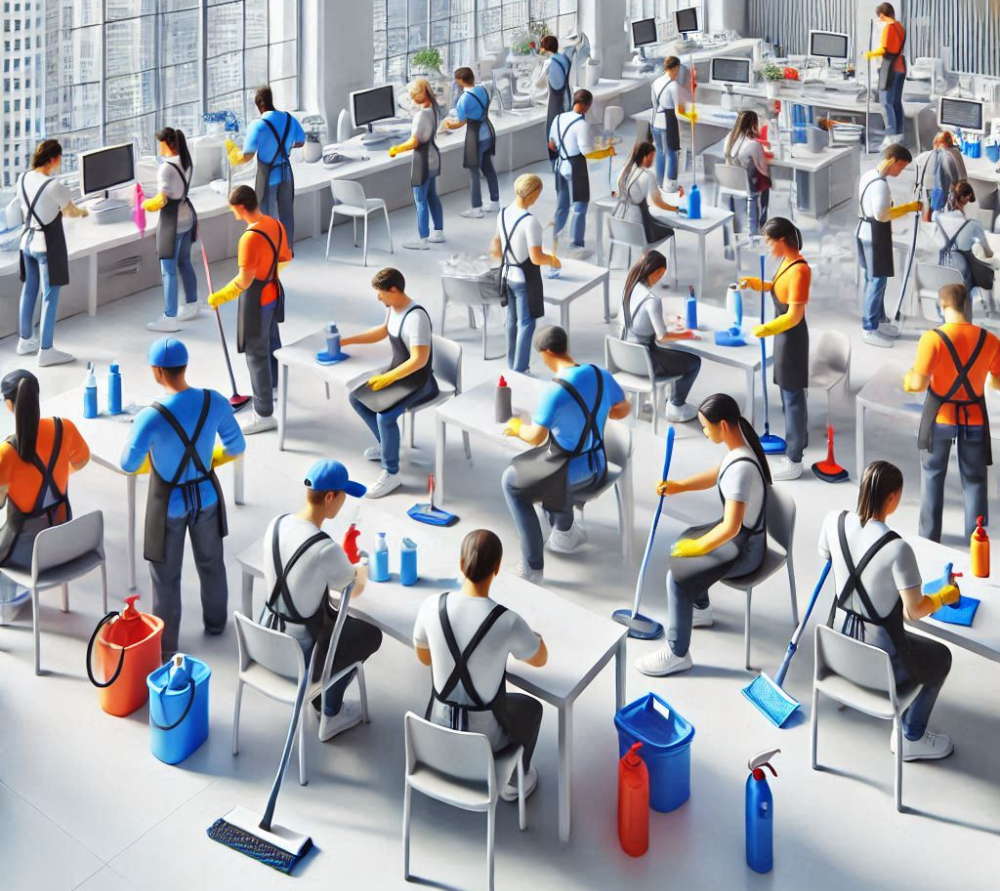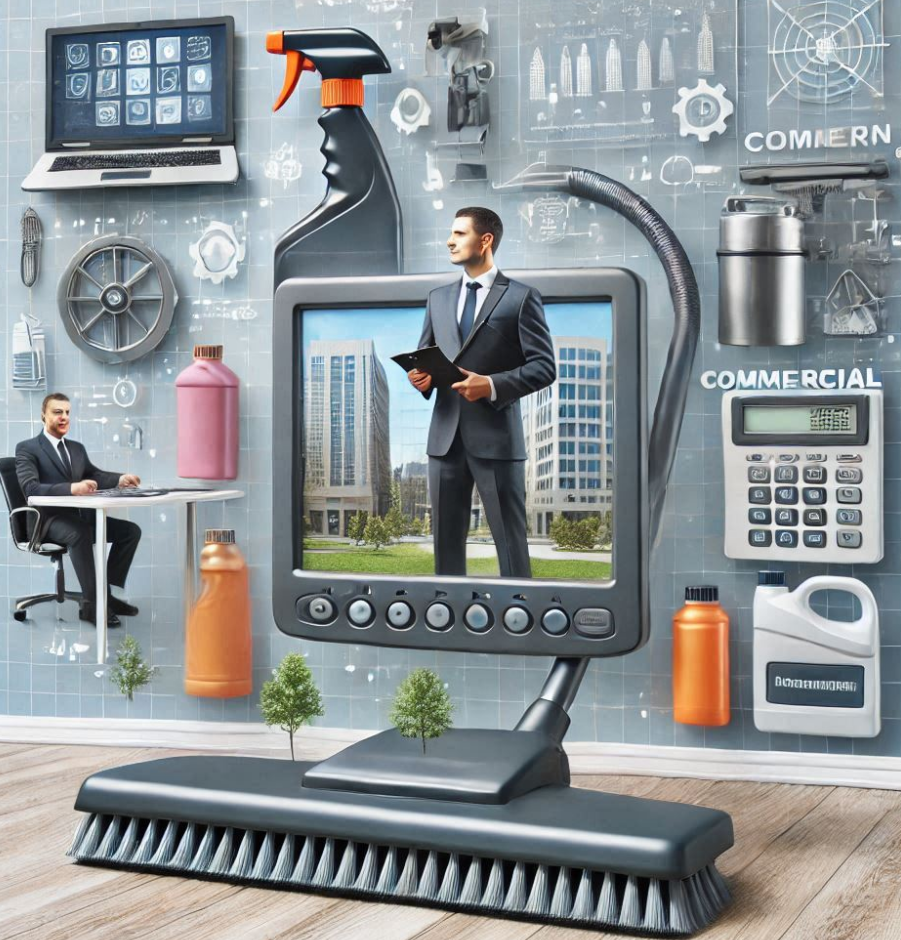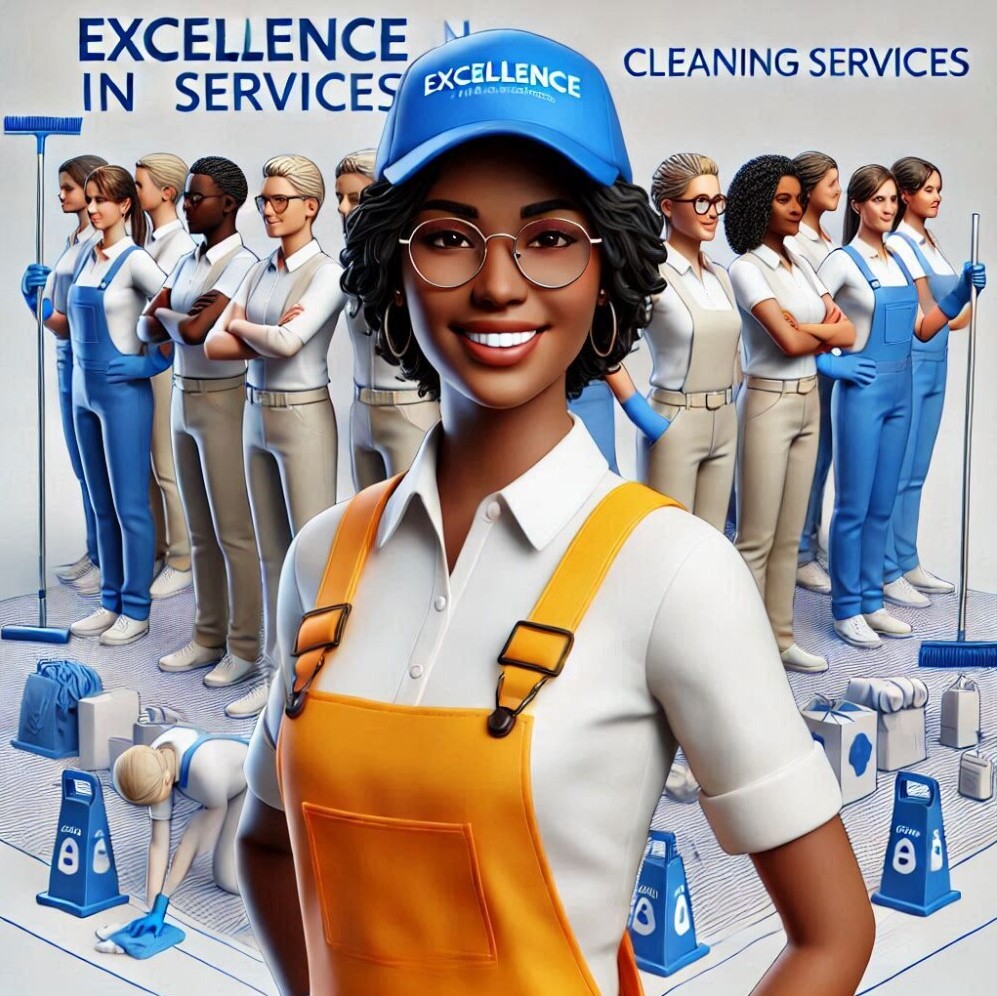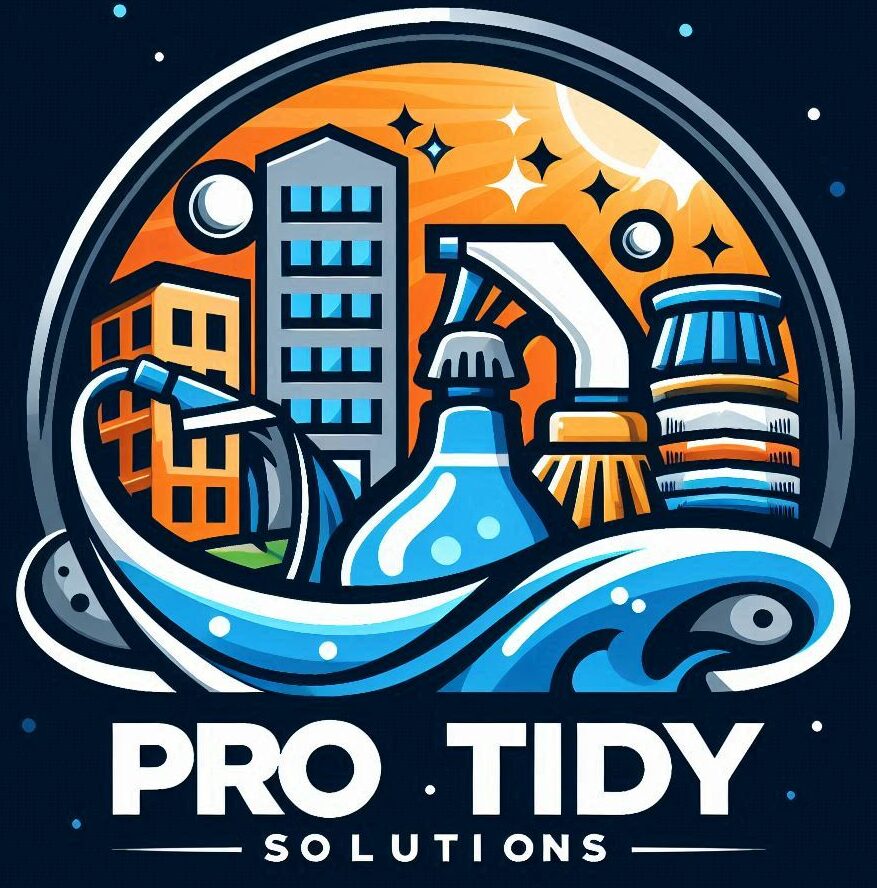Balanced Training Methods for Commercial Cleaners

In the commercial cleaning industry, a balanced approach to training is essential for developing skilled and efficient staff. This involves a combination of on-the-job training and classroom-based instruction, each offering unique benefits that contribute to comprehensive skill development.
Benefits of Hands-On, Real-World Experience in Cleaning Tasks
On-the-job training provides employees with practical, hands-on experience in real-world cleaning tasks. This method allows trainees to learn by doing, which can be particularly effective for mastering the use of cleaning equipment, understanding the nuances of different cleaning techniques, and adapting to the specific needs of various environments. By working alongside experienced cleaners, new employees can quickly gain confidence and proficiency in their roles.
Structured Learning Environments for Precise Skill Acquisition
Classroom-based training offers a structured learning environment where precise skill acquisition can be achieved. This method is ideal for teaching theoretical knowledge, such as safety protocols, chemical handling, and compliance with industry standards. In a classroom setting, trainees can engage in detailed discussions, ask questions, and receive immediate feedback from instructors. This structured approach ensures that all necessary information is covered comprehensively and systematically.
Interactive Sessions That Enhance Knowledge Retention
Interactive sessions, whether in the classroom or on the job, play a crucial role in enhancing knowledge retention. Activities such as group discussions, role-playing scenarios, and hands-on demonstrations help reinforce learning by making it more engaging and memorable. These interactive elements encourage active participation and collaboration among trainees, fostering a deeper understanding of the material and promoting a culture of continuous learning and improvement.
By integrating on-the-job training with classroom-based instruction and interactive sessions, commercial cleaning businesses can ensure their staff are well-equipped with the skills and knowledge needed to perform their duties effectively and safely. This balanced approach not only enhances employee performance but also contributes to a higher standard of cleanliness and professionalism in the industry.
Modern Training Modalities: Online and Certification Programs

In the ever-evolving world of commercial cleaning, staying updated with the latest techniques and standards is crucial. Modern training modalities, such as online training modules and certification programs, offer flexibility and accessibility, making it easier for cleaning professionals to enhance their skills and knowledge.
Flexibility and Accessibility of Online Training Modules
Online training modules provide a convenient way for cleaning staff to learn at their own pace and on their own schedule. This flexibility is particularly beneficial for those who may have varying work hours or other commitments. With a wide range of topics available, from basic cleaning techniques to advanced sanitation protocols, online training ensures that employees can access the information they need, whenever they need it.
Importance of Acquiring Industry-Recognized Certifications
Obtaining industry-recognized certifications is a significant step for any cleaning professional. Certifications from reputable organizations, such as the International Sanitary Supply Association (ISSA) and the Institute of Inspection, Cleaning, and Restoration Certification (IICRC), not only validate the skills and knowledge of the staff but also enhance the credibility and reputation of the cleaning business. Certified employees are often seen as more trustworthy and competent, which can lead to increased client satisfaction and loyalty.
Exploring Various Certification Programs
There are numerous certification programs available for commercial cleaners, each focusing on different aspects of the industry. For example, the ISSA offers certifications in areas such as cleaning management and infection control, while the IICRC provides certifications in carpet cleaning, water damage restoration, and more. By exploring and obtaining these certifications, cleaning professionals can specialize in specific areas, making them more valuable assets to their employers.
Leveraging Technology for Real-Time Learning Updates
Technology plays a vital role in modern training methods. Real-time learning updates, such as webinars, virtual workshops, and interactive online courses, ensure that cleaning staff are always up to date with the latest industry standards and best practices. These technological advancements make it easier to disseminate new information quickly and efficiently, allowing employees to continuously improve their skills and stay ahead of the curve.
By embracing modern training modalities, commercial cleaning businesses can ensure their staff are well-equipped with the knowledge and skills needed to provide top-notch services. This not only boosts employee performance but also enhances the overall quality and professionalism of the cleaning industry.
Essential Training Topics for Excellence in Cleaning Services

Safety is paramount in the commercial cleaning industry. Training should include a comprehensive overview of safety protocols to ensure that employees are well-versed in handling cleaning chemicals, using personal protective equipment (PPE), and following proper procedures to prevent accidents. This not only protects the cleaning staff but also ensures a safe environment for clients and customers.
Proper Equipment Usage and Maintenance for Longevity
Understanding how to use and maintain cleaning equipment is crucial for efficiency and longevity. Training should cover the correct operation of various tools, such as vacuum cleaners, floor scrubbers, and pressure washers. Additionally, regular maintenance routines should be emphasized to keep equipment in optimal condition, reducing downtime and repair costs.
Emphasizing Eco-Friendly and Sustainable Cleaning Practices
With growing awareness of environmental issues, incorporating eco-friendly and sustainable cleaning practices is essential. Training should highlight the importance of using green cleaning products, reducing waste, and implementing sustainable practices. This not only benefits the environment but also appeals to clients who prioritize sustainability.
Effective Communication and Client Interaction Techniques
Effective communication is key to building strong relationships with clients. Training should include techniques for clear and professional communication, both verbal and written. Additionally, staff should be trained on how to handle client interactions, address concerns, and provide excellent customer service. This ensures a positive experience for clients and helps build long-term partnerships.
By focusing on these essential training topics, commercial cleaning businesses can ensure their staff are well-equipped to deliver high-quality services while maintaining safety, efficiency, and sustainability. This comprehensive approach to training not only enhances employee performance but also contributes to the overall success and reputation of the business.
Ensuring Training Effectiveness and Continuous Improvement
In the dynamic world of commercial cleaning, ensuring the effectiveness of training programs and fostering continuous improvement is crucial for maintaining high standards and achieving long-term success.
Methods for Evaluating Training Programs
Evaluating the effectiveness of training programs is essential to ensure that they meet the needs of the staff and the organization. One effective method is to use feedback surveys, which can provide valuable insights into the trainees’ experiences and identify areas for improvement. These surveys can be conducted immediately after training sessions and periodically to assess long-term impact. Additionally, conducting interviews and focus groups with employees can offer deeper insights into the training’s effectiveness and relevance.
Utilizing Performance Metrics to Gauge Employee Progress
Performance metrics are a powerful tool for gauging employee progress and the impact of training programs. Key performance indicators (KPIs) such as job performance, productivity, and adherence to safety protocols can be tracked to measure the effectiveness of training. Regular performance reviews and assessments can help identify strengths and areas for improvement, allowing for targeted training interventions.
Strategies for Addressing Training Gaps and Enhancing Curriculum
Addressing training gaps is essential for continuous improvement. One strategy is to conduct regular training needs assessments to identify areas where additional training is required. This can be done through employee feedback, performance data, and industry trends. Once gaps are identified, the training curriculum can be enhanced by incorporating new topics, updating existing content, and using diverse training methods such as hands-on practice, online modules, and interactive workshops.
Fostering a Culture Emphasizing Continuous Learning and Growth
Creating a culture that emphasizes continuous learning, and growth is key to sustaining high performance in the commercial cleaning industry. Encouraging employees to take ownership of their professional development and providing opportunities for ongoing education and skill-building can foster a motivated and engaged workforce. Recognizing and rewarding employees who demonstrate a commitment to learning and improvement can further reinforce this culture. Additionally, promoting open communication and collaboration among staff can create an environment where knowledge and best practices are shared, leading to collective growth and success.
By implementing these strategies, commercial cleaning businesses can ensure their training programs are effective and continuously evolving, ultimately leading to a more skilled, efficient, and satisfied workforce.


This comprehensive guide to balanced training methods for commercial cleaners highlights the importance of combining on-the-job training with classroom-based instruction. I’m curious about the role of technology in modern training methods, particularly real-time learning updates and interactive online courses. How can cleaning businesses effectively leverage technology to enhance employee training and stay up-to-date with industry standards?
Hey Cyril,
Thanks for the great feedback! I’m glad you found the guide on balanced training methods for commercial cleaners informative. Combining on-the-job training with classroom-based instruction really does make a difference.
Your curiosity about the role of technology in modern training methods is spot on. Real-time learning updates and interactive online courses can be game changers. Cleaning businesses can leverage technology by using e-learning platforms, virtual reality simulations, and mobile apps to provide continuous training and instant feedback. This not only keeps employees up to date with industry standards but also makes learning more engaging and accessible, Thanks again for your insightful comments. Your questions add so much value to the conversation!
-Jay